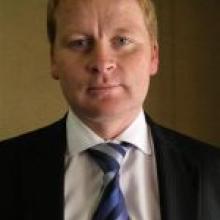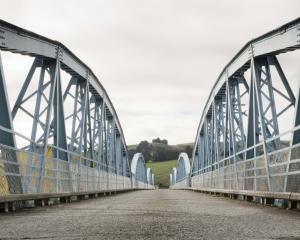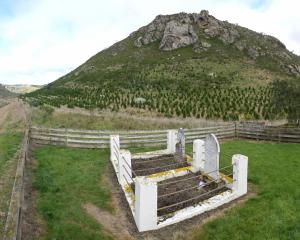
Meridian Energy wind development manager Adam Muldoon, of Wellington, gave evidence in the hearing about the New Zealand energy scene and where Project Hayes fitted in.
In his written evidence, Mr Muldoon said all of the country's cheap energy source stations had been built, and any additional power generation would be more costly, whether it was wind or not.
He said Project Hayes, the fourth of five wind farm resource consent applications lodged by Meridian Energy, would be the most cost-effective option when compared to all alternative resource projects.
Mr Muldoon said it was unlikely a large gas supply would be discovered, coal was affected by carbon regimes, hydro schemes were capital-intensive and took years to develop, finding and maintaining a geothermal resource was expensive and difficult, marine energy was dependent on technology advances, biomass resources were expensive to transport, nuclear energy was prohibited by legislation, and solar power was expensive.
He said Project Hayes was expected to have an overall capacity factor (the percentage of time it is expected to operate at its full potential), of 37%, significantly higher than the international average capacity factor of 23% for existing wind farms.
"Due to the consistency of the wind resource, Project Hayes will be generating electricity for over 88% of the time," he said.
Mr Muldoon said Meridian had collected wind resource data from more then 30 masts currently erected throughout New Zealand as well as historical data from an additional 50 masts.
He said the Project Hayes site, on the Lammermoor Range, was considered one of the best locations in terms of its wind resource, by teams of people who had been investigating wind resource sites in New Zealand for more than 20 years.
The hearing was told yesterday nothing should be done about climate change as it is not known whether the world is warming or cooling.
Prof Bob Carter, of Queensland, Australia, continued to give evidence, as a witness of appellant Roch Sullivan, about whether the proposed Project Hayes wind farm would combat global warming as an alternative to fossil-fuelled energy generation.
When questioned by deputy commissioner Ken Fletcher about what approach should be taken by governments in consideration of climate change, Prof Carter said the correct response would be to do nothing.
"We are not sure what the situation is, so we should do nothing at this stage," he said.













